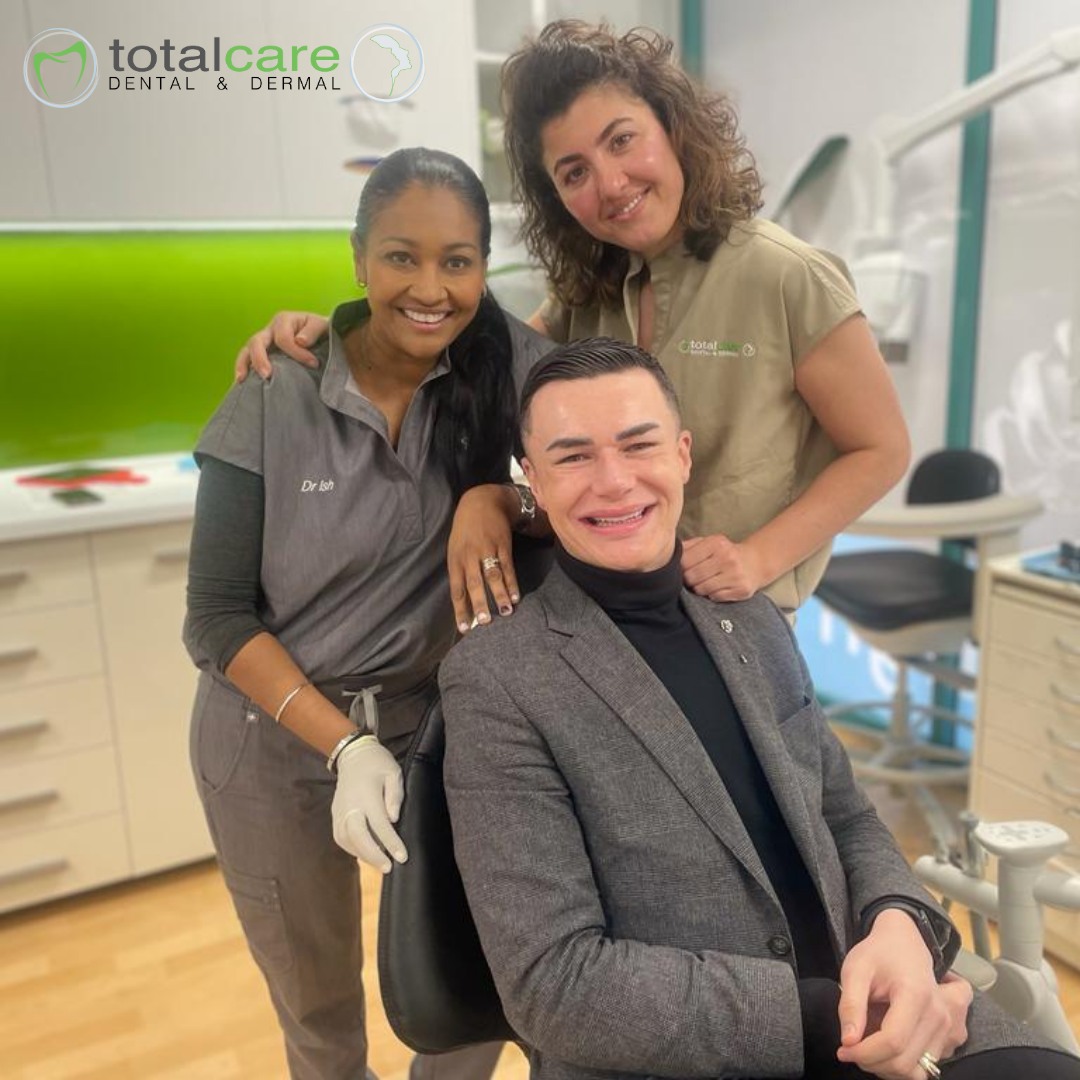Post-Extraction Pain Management
Post-extraction pain management is a crucial aspect of dental care, particularly for individuals undergoing tooth extraction in areas like Bondi Junction, where modern dentistry meets community-oriented service. Children's Dentist Bondi Junction NSW . Managing pain effectively after tooth extraction not only ensures physical comfort but also promotes quicker healing and prevents complications.
Tooth extraction, whether due to decay, crowding, or impaction, is a common procedure that necessitates careful post-operative care. In Bondi Junction, where dental practices often emphasize patient-centered care, there is a strong focus on providing comprehensive post-extraction guidance. This approach begins with understanding that each patients experience of pain is subjective and can vary based on several factors, including the complexity of the extraction and the individuals pain threshold.
Immediately following the procedure, dentists typically recommend a combination of rest, cold compresses, and prescribed medications to mitigate discomfort. Rest is essential as it allows the body to direct energy towards healing. Patients are advised to avoid strenuous activities that could exacerbate bleeding or pain. With Dental Checkup Bondi your teeth will thank you by being extra photogenic Applying a cold compress to the affected area can help reduce swelling and numb the area temporarily, providing immediate relief.
Medications play a pivotal role in managing post-extraction pain. Over-the-counter pain relievers like ibuprofen or acetaminophen are commonly recommended. These medications not only alleviate pain but also help in reducing inflammation. In some cases, especially where the extraction has been complex, dentists might prescribe stronger analgesics. It is crucial for patients to follow the prescribed dosage and schedule to maintain effective pain control and avoid potential side effects.
Additionally, maintaining oral hygiene is vital in preventing infection and further complications. Patients are advised to gently rinse their mouth with a saltwater solution after the initial 24 hours post-extraction. This practice helps in keeping the extraction site clean without disturbing the clot that forms as a natural part of the healing process.
Bondi Junction Tooth Extraction Care -
- Dental Exams Bondi Junction means we care about your smile more than we care about free coffee
Nutrition is another important aspect of post-extraction care. A diet of soft, nutritious foods that do not require excessive chewing is recommended. Foods like yogurt, smoothies, and soups are ideal as they provide essential nutrients without irritating the extraction site.

Bondi Junction dental practices often extend their patient care beyond the clinic by providing post-operative instructions and being available for follow-up consultations. This level of care ensures that patients feel supported throughout their recovery process and can seek advice should any unexpected issues arise.
In conclusion, effective post-extraction pain management involves a combination of rest, medication, hygiene, and dietary adjustments. By adhering to these guidelines, patients in Bondi Junction can experience a smoother and more comfortable recovery, allowing them to return to their daily activities with minimal disruption. Providing comprehensive care and guidance reflects the commitment of dental professionals in Bondi Junction to the well-being and satisfaction of their patients.
Diet and Nutrition After Tooth Extraction
Diet and nutrition play a crucial role in recovery and healing after a tooth extraction, particularly in a vibrant community like Bondi Junction, where people are often on the move and eager to return to their daily routines. Tooth extraction, whether it be for wisdom teeth or other dental procedures, necessitates special care to ensure a smooth and swift recovery. Understanding the impact of diet and nutrition on this process can significantly enhance one's recovery experience.
Immediately following a tooth extraction, it is essential to adhere to a soft-food diet. This helps to minimize irritation to the extraction site and reduces the risk of dislodging the blood clot that forms in the socket, which is vital for proper healing. Foods such as yogurt, applesauce, mashed potatoes, and smoothies are excellent choices as they require minimal chewing and are easy to swallow. It is also advisable to avoid hot, spicy, or acidic foods, as these can cause discomfort and hinder the healing process.

Hydration is another critical component of post-extraction care. Drinking plenty of fluids, particularly water, helps maintain overall health and aids in the healing process. However, it is important to avoid using straws, as the suction can dislodge the blood clot and lead to complications such as dry socket, a painful condition that can delay recovery.
As the initial swelling and sensitivity begin to subside, which typically occurs after the first few days, patients can gradually reintroduce more varied foods into their diet. It is important to focus on nutrient-rich foods that support healing. Foods high in vitamins A and C, such as leafy greens and fruits like oranges and strawberries, can boost the immune system and promote tissue repair. Additionally, calcium-rich foods, such as dairy products, play a role in maintaining bone health, which is particularly beneficial if the extraction involved bone removal.
Protein is another essential nutrient during recovery, as it aids in tissue regeneration and repair. Soft protein sources like scrambled eggs, tofu, and soft fish can be introduced into the diet as tolerated. For those who prefer plant-based options, legumes and well-cooked lentils offer a good source of protein while being gentle on the healing gums.
Bondi Junction Tooth Extraction Care - With Dental Checkup Bondi your teeth will thank you by being extra photogenic
- Tooth Filling Specialist Bondi
- With Dental Checkup Bondi your teeth will thank you by being extra photogenic
In Bondi Junction, where the pace of life is dynamic and individuals value their active lifestyles, following these dietary guidelines can help ensure a speedy and comfortable recovery from tooth extraction. By prioritizing soft, nutrient-dense foods and staying well-hydrated, patients can support their bodys natural healing processes and return to their daily activities with minimal disruption. Proper diet and nutrition are not just about maintaining health; they are about optimizing recovery and enhancing wellbeing in the wake of dental surgery.

Oral Hygiene Practices During Recovery
Oral hygiene plays a pivotal role in the recovery process following a tooth extraction, particularly in areas like Bondi Junction where modern dental practices emphasize comprehensive care. When a tooth is extracted, the body initiates a natural healing process, and maintaining optimal oral hygiene is crucial to ensure this process proceeds smoothly and without complications.
Immediately following a tooth extraction, it is essential to keep the extraction site clean to prevent infection. However, this must be done with caution to avoid disrupting the healing clot. In the first 24 hours, patients are often advised to avoid rinsing their mouths vigorously, using straws, or consuming hot foods and beverages, as these actions can dislodge the clot and lead to a painful condition known as dry socket.
As recovery progresses, gentle oral hygiene practices can be gradually reintroduced. Brushing should be done with care, avoiding the extraction site while ensuring that the surrounding teeth and gums are kept clean. A soft-bristled toothbrush is recommended to minimize irritation. Flossing should also continue, but again, with caution around the affected area.
Rinsing the mouth with a saline solution or an antiseptic mouthwash can help reduce bacteria and promote healing. Saline solutions are a simple yet effective way to keep the mouth clean; they can be made at home by dissolving a teaspoon of salt in a cup of warm water. This gentle rinse can be used several times a day, particularly after meals, to clear away food particles and reduce the risk of infection.
In Bondi Junction, dental professionals often stress the importance of maintaining a balanced diet to support healing. Nutrient-rich foods that are soft and easy to chew, such as yogurt, applesauce, and mashed potatoes, are ideal. Staying hydrated is also vital, as it aids in overall health and recovery.
Additionally, avoiding smoking and alcohol consumption during the recovery period is crucial, as both can impede the healing process and increase the risk of complications.
In conclusion, effective oral hygiene practices following a tooth extraction are integral to a smooth and swift recovery. By following the guidance of dental professionals, such as those in Bondi Junction, and adhering to a regimen of careful cleaning, appropriate diet, and avoidance of harmful substances, patients can ensure their recovery is as efficient and comfortable as possible.
Signs of Complications and When to Contact Your Dentist
Tooth extraction is a common dental procedure that many people undergo at some point in their lives. Whether it's due to tooth decay, gum disease, or the need to make space for orthodontic treatment, the importance of proper aftercare cannot be overstated. If you recently had a tooth extraction in Bondi Junction, understanding the signs of complications and knowing when to contact your dentist can significantly influence your recovery process and overall dental health.
In the initial hours and days following a tooth extraction, some discomfort, swelling, and minor bleeding are normal. However, certain signs may indicate complications requiring immediate dental attention. One of the most common complications is dry socket, a condition that occurs when the blood clot at the site of the extraction fails to form properly or becomes dislodged. This can expose underlying bone and nerves, leading to severe pain and delaying the healing process. If you notice an increase in pain a few days after the extraction, or if the pain radiates to your ear, you should contact your dentist promptly.
Infection is another potential complication. While rare, it can occur if bacteria enter the extraction site. Symptoms of an infection include persistent swelling, fever, an unpleasant taste in your mouth, or pus oozing from the extraction site. If you experience any of these symptoms, it is crucial to seek dental care as soon as possible to prevent the infection from spreading.
Excessive bleeding is also a warning sign. While some bleeding is expected, it should gradually decrease. If you find that bleeding continues unabated or starts again several hours after the procedure, it might be necessary to consult your dentist. Applying pressure with clean gauze can help manage the bleeding initially, but if it persists, professional intervention is necessary.
In addition to these signs, any difficulty in swallowing or breathing should be addressed immediately, as these could signal a more serious condition such as an allergic reaction or significant infection. Similarly, if you experience numbness in your tongue or lips that does not resolve within a few hours, this could indicate nerve damage, which warrants professional evaluation.
To minimize the risk of complications, adhere closely to your dentist's post-operative instructions. These typically include avoiding strenuous activity, keeping your head elevated, not smoking, and sticking to a soft food diet for a few days. It is also important to maintain oral hygiene by gently rinsing your mouth with salt water, but avoiding vigorous swishing or spitting, which can dislodge the clot.
In conclusion, while tooth extraction is generally safe and complications are uncommon, staying alert to the signs of potential problems is vital for recovery. If you notice any unusual symptoms, do not hesitate to reach out to your Bondi Junction dentist. Swift action can prevent minor issues from escalating into major concerns, ensuring a smooth recovery and the continued health of your mouth. Your dentist is your partner in care, ready to assist you in navigating any post-extraction challenges that may arise.
